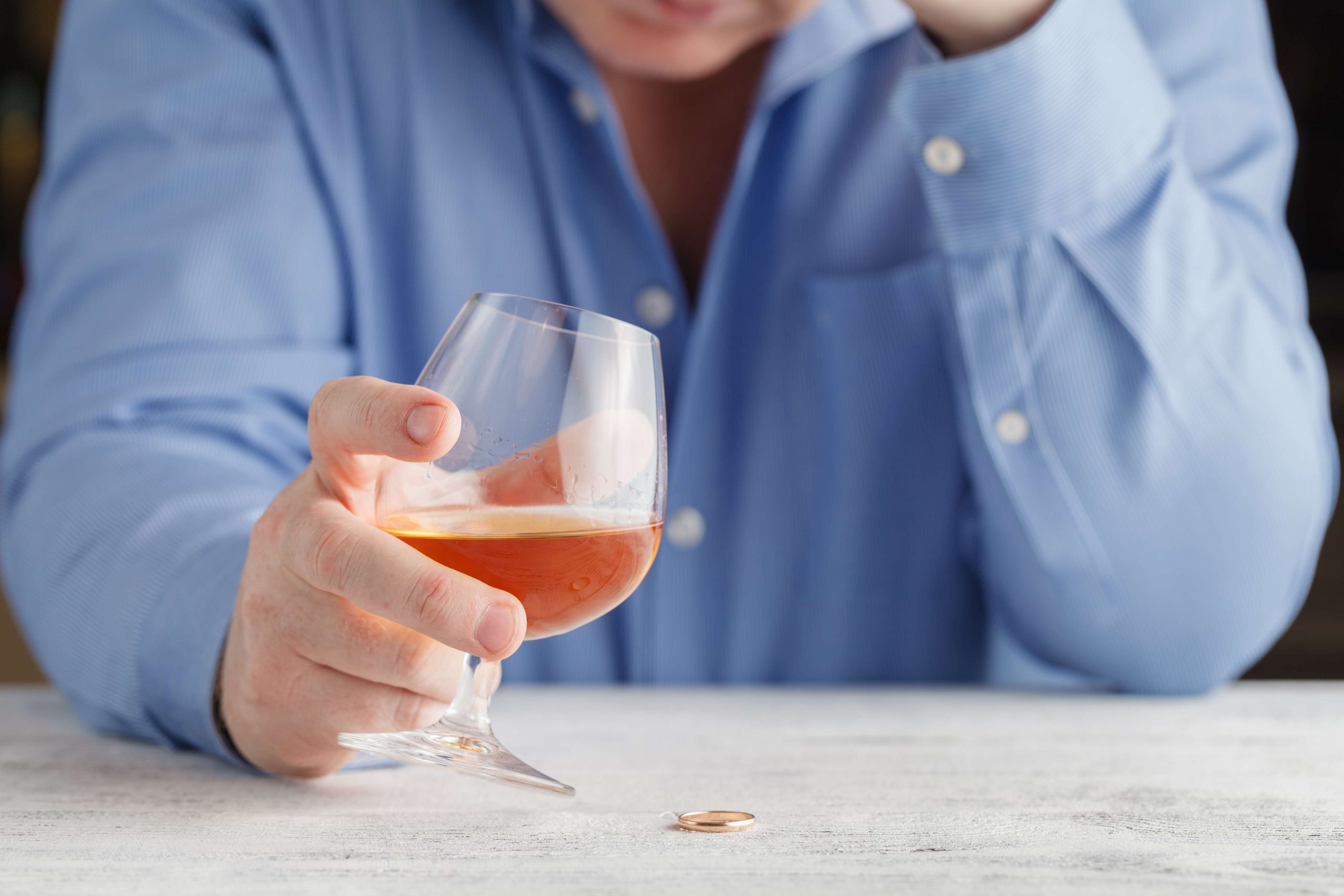Content
A 2017 survey by the National Institute on Drug Abuse found that nearly 17 percent of high school seniors and nearly 10 percent of tenth graders had been binge drinking in the previous two weeks. Teens who drink can also develop harmful coping strategies. One of the key lessons teens learn during adolescence is how to cope with life’s stresses—a poor test score, conflict with friends or family members, nervousness about an upcoming sports or music competition.
- Be honest, and your child will respect you more, no matter what you did when you were their age.
- Binge drinking statistics show that binge drinking among teens is a concern.
- This is just one reason the AAP recommends you talk to your child early and often about underage drinking.
- We also know that environmental influences can mitigate some of the genetic influences, leading those with genetic vulnerabilities to not develop issues with alcohol.
- One study found that people who regularly had 5 or more drinks in a row starting at age 13 were much more likely to be overweight or have high blood pressure by age 24 than their nondrinking peers.
Therefore, it is important for parents and for society to do everything possible to prevent the initiation of childhood drinking. Scientists were able to predict alcohol use in preadolescent boys four years later at the average age of 16 by measuring their P300 brain waves. Research has shown that genetic factors play a role in a person’s vulnerability to developing alcohol problems. Adolescents age 12 to 17 who use alcohol are more likely to report behavioral issues, according to the Substance Abuse and Mental Health Services Administration (SAMHSA).
Underage Drinking: How To Talk With Your Child About Alcohol Use
Research shows that healthy adolescents aged years have lower levels of GABA in their frontal lobes than young adults aged years. However, the last region of the brain to come online is the frontal lobe, which controls higher-order abilities, such as abstract thought, impulse control, and decision-making. This part of the brain undergoes a dramatic fine-tuning during adolescence. Because their minds and bodies are still developing, teens have different responses to the effects of alcohol than adults. Alcohol is the most commonly used and misused drug among young people in the United States, according to the Centers for Disease Control and Prevention (CDC). The CDC reports that excessive underage drinking is responsible for more than 4,300 deaths among individuals each year.
- Your teen has hope for recovery, especially if you seek treatment as soon as possible.
- Other noticeable symptoms of drunkenness include slurred speech, coordination difficulties, bloodshot eyes and flushed face.
- If teenagers’ parents or other family members have a history of alcohol abuse, they’re much more likely to drink.
- More than 90% of all alcohol drinks consumed by youth are consumed through binge drinking5 (see the “What Is Binge Drinking?” box).
If you have a friend whose drinking concerns you, help them stay safe. If you can, try to keep friends who have been drinking from doing anything dangerous, such as trying to walk home at night alone or starting a fight. Don’t get in a car with someone who’s been drinking, even if that person is your ride home. Ask a sober adult to drive you instead or call a cab or car service. Sometimes people live in homes where a parent or other family member drinks too much. This doesn’t mean that they love or care about you any less.
Drink Responsibly
It can be difficult to assess when your child is “just experimenting” or if they’re struggling with their drinking to the point of an alcohol use disorder. If your child is 21 or older, it’s important to keep an eye out for any signs of a problem as well. Explain why drinking is very different for a teenager than for an adult.

If you’ve discovered your child or teen is drinking alcohol, it’s normal to feel upset, angry, and worried. Underage drinking can have serious implications that may not show up until later in your child’s life. Several studies have found that early-onset drinking is linked to the risk of greater substance abuse problems later in life. The earlier a child begins to drink alcohol, the greater the problems they will face in adulthood, not only with substance abuse but with meeting important life goals such as education and careers.
Parent’s Guide to Teen Depression
Films and TV can make it seem that every “cool”, independent teenager drinks. Alcohol advertising also focuses on positive experiences with alcohol, selling their brands as desirable lifestyle choices. Social media, in particular, can make your child feel like they’re missing out by not drinking or cause them to feel inadequate about how they live their life. You can help by explaining how social media portrays a distorted rather than realistic view of other people’s lives, including their alcohol use. This is among the most common reasons for underage drinking. As kids enter their teens, friends exert more and more influence over the choices they make.
A major move, a serious illness or any other
traumatic event might also make kids want to escape their troubles. Your child may have just started high school or just gotten a driver’s license. Teenagers who are abusing alcohol may also show alcohol withdrawal symptoms when they aren’t drinking, or they may find that they need to drink more and more to achieve the same effects. In addition, they may drink sober house to the point of putting themselves in danger, such as becoming drunk and then driving home. It is important to understand that adolescence is a notable age period, a time when an individual is growing and maturing at rapid and dramatic rates relative to other ages. In the first decade of life, many changes happen in the brain’s neural systems, areas that control vision, hearing, and motor functions.




